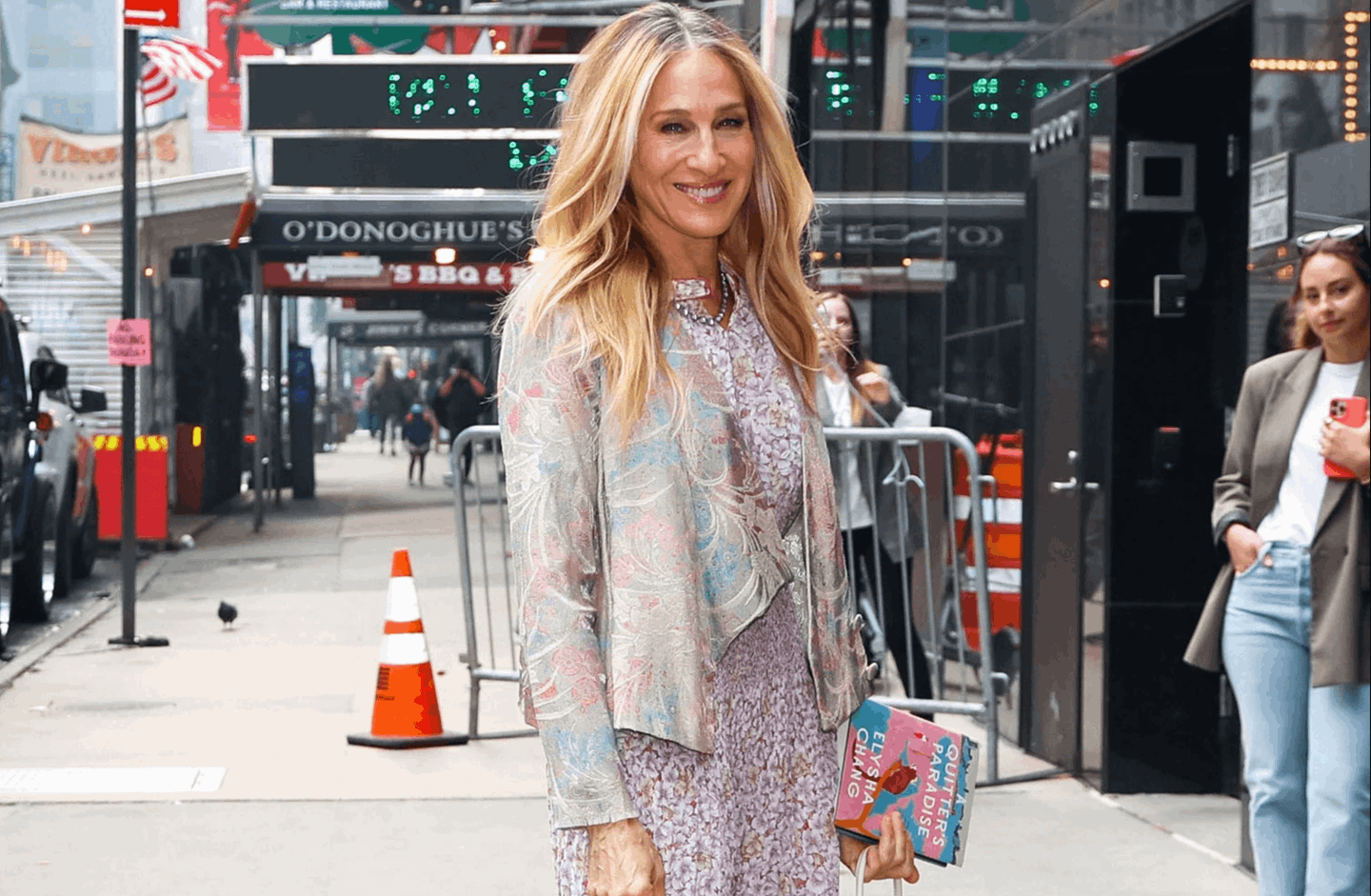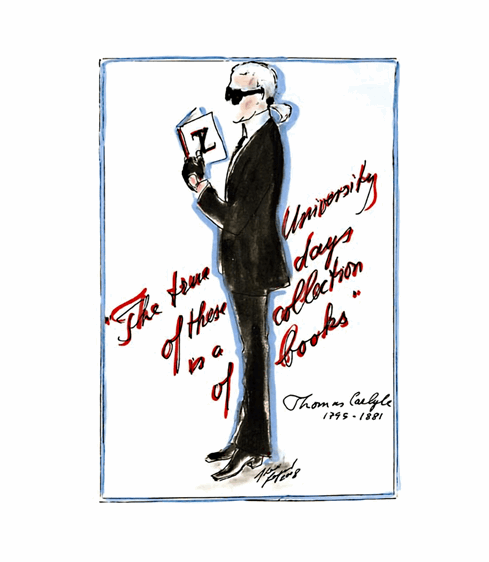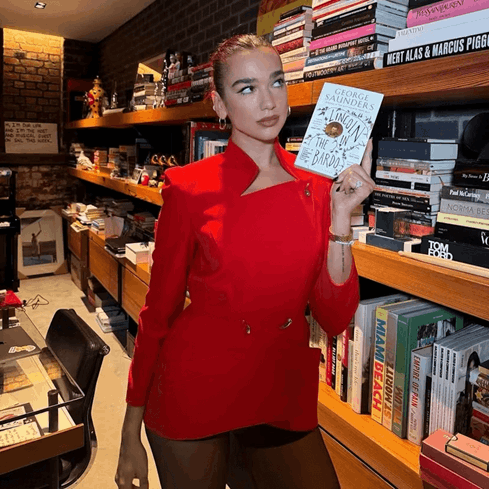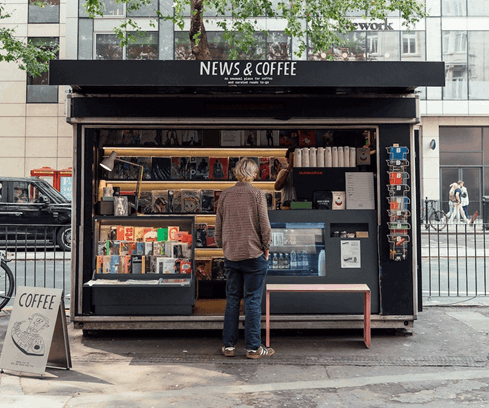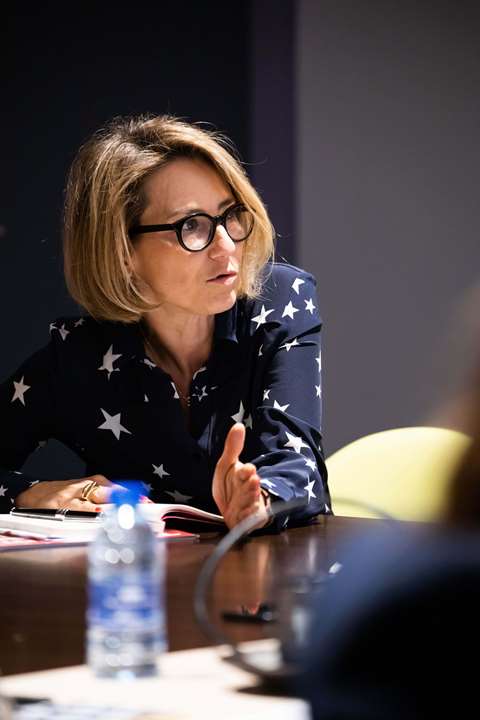From catwalk to bookshelf
Fashion houses are increasingly intertwining their identities with literary pursuits. Chanel's 'Les Rendez-vous littéraires' and Miu Miu's 'Writing Life' club exemplify this trend, creating spaces where style and storytelling converge. These initiatives go beyond mere marketing, representing a genuine shift towards substance in an industry often critiqued for its superficiality.
Clare Waight Keller's couture collection for Givenchy in spring 2020 paid homage to Virginia Woolf and Vita Sackville-West, while Kim Jones transformed a Dior Homme catwalk into a replica of Jack Kerouac's 'On the Road' manuscript. These literary influences are not just aesthetic choices; they reflect a growing appetite for narrative and depth in fashion, mirroring consumers' desire for products with substance and story.
The tactile allure of print
In a world saturated with digital media, there's a growing appreciation for the physical act of reading. Sarah Andelman, co-founder of the iconic Parisian concept store Colette and now founder of the publishing house Just an Idea, is at the forefront of this movement. Known for her innovative approach to retail and culture, Andelman has always had a passion for print. "There's something irreplaceable about the feel of a book in your hands. It's a luxury in today's fast-paced world to sit down with a physical book", she notes. Her publishing venture, Just an Idea, is a testament to her belief in the enduring power of print in our digital age.
This sentiment is echoed across the fashion industry, with many brands opening their own bookshops and cultural spaces. Marc Jacobs' Bookmarc stores have become cultural hubs, while Saint Laurent recently opened Saint Laurent Babylone, a bookshop and cultural space in Paris. Chanel's 7L bookshop in Paris, housing Karl Lagerfeld's impressive collection of 33,000 books, further underscores this trend.


